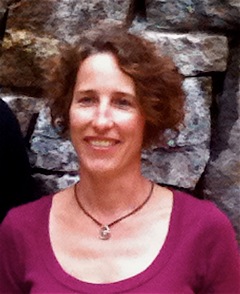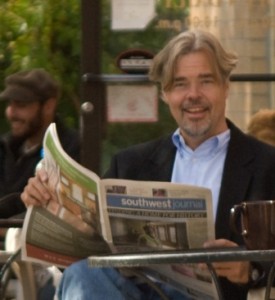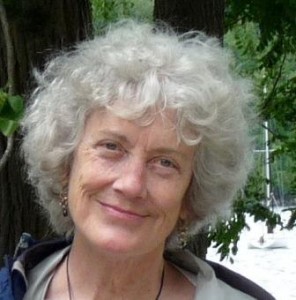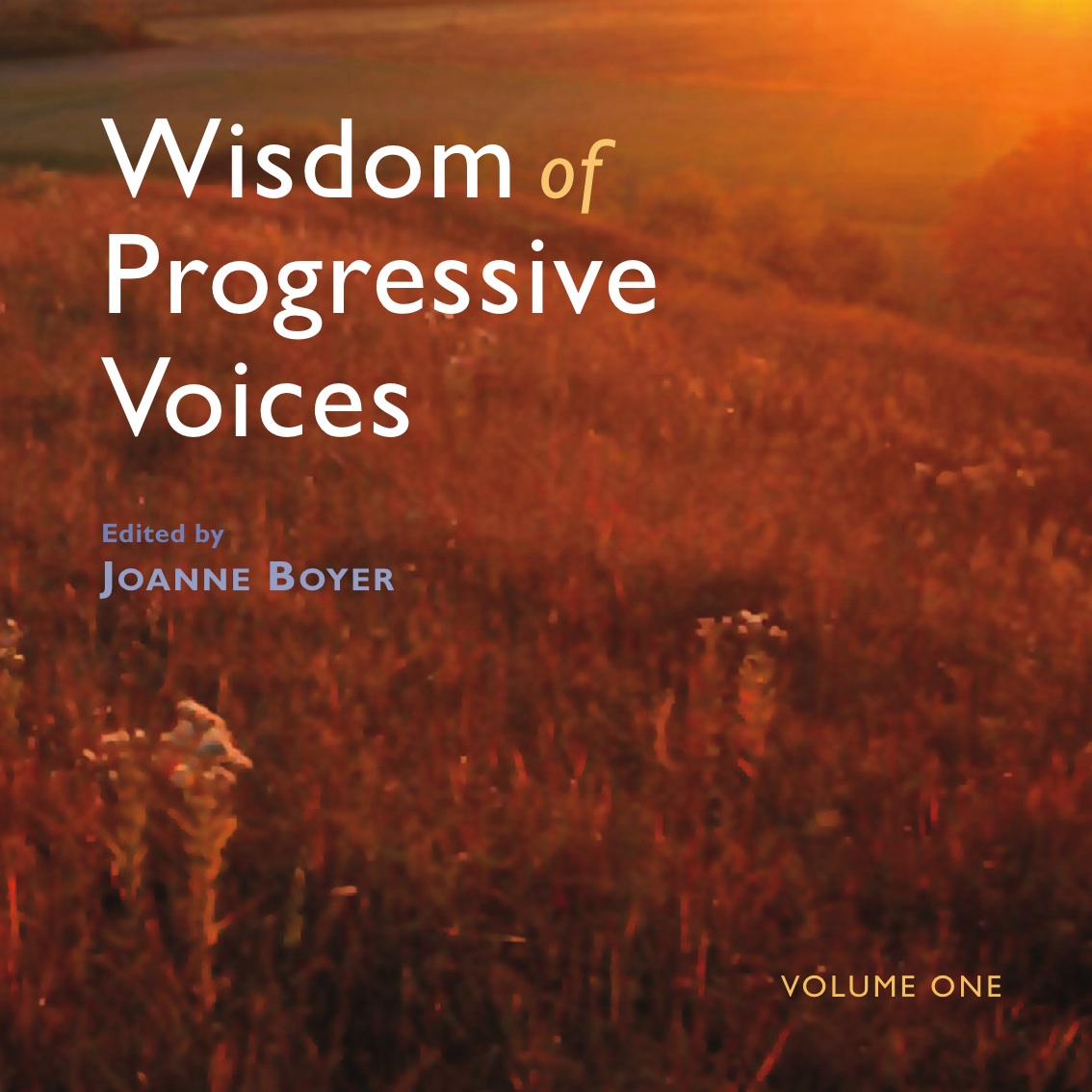“The right to private property, acquired or received in a just way, does not do away with the original gift of the earth to the whole of mankind.”
–Official Catechism of the Roman Catholic Church (no. 2403, 1992)
 The phrase “the commons” is making its way back into our social consciousness and vocabulary in 2012. Not so much as a new thought or movement, but a resurrection of sorts around an idea that has been the basic human organizing principle since time began.
The phrase “the commons” is making its way back into our social consciousness and vocabulary in 2012. Not so much as a new thought or movement, but a resurrection of sorts around an idea that has been the basic human organizing principle since time began.
“We would not have achieved what we have as a species if everything was reduced to what its price tag is,” said Jay Walljasper, senior fellow and editor of OntheCommons.org, which is dedicated to education and bringing attention to the commons and forming partnerships and projects that show the commons is more than an abstract theory.
“There are a lot of things more important than what they can fetch in the marketplace,” Walljasper says. “We (at OntheCommons.org) think of the core of the commons as having three pillars: Environmental Protection, which is sustainability; Participatory Governance, which is democracy, and Social Equality. Social equality doesn’t mean that everyone makes the same salary, but it means there aren’t people who aren’t included in the citizenry. These three pieces are really at the heart and soul of the commons.”
Or to portray it in its simplest format: The commons flips society’s vision from “me” to “we.”
On the Commons, which recently celebrated its 10th anniversary, has sparked collaborations, showcased commons-based solutions at the community and national level, developed approaches of how to share the commons equitably, and given inspiration to commons activists to make a difference in their communities and the world. It is a center that connects organizations, community leaders and individuals with new ideas, practical solutions and one another to create significant change.
“We all know that our societies are caught in a zero sum dynamic,” said On the Commons co-founder Harriet Barlow, who has a long, distinguished background in founding and leading progressive organizations. “To embrace the worldview of the commons and act upon it with integrity is a pathway to generous sanity, which is the antithesis of the horizon toward which we’re going.”
The website provides insights into the breadth and depth of the education and the project work underway and will delight the reader with thought-provoking articles such as Walljasper’s recent “12 Reasons You’ll Be Hearing More About The Commons in 2012”, which provides a synopsis of the valuable assets that belong to all of us. Of particular note to their project work is their international campaign to declare the Great Lakes a commons.
“On the Commons is really is a practical set of solutions that can make a difference in people’s lives and the world,” Walljasper said. “The commons has a great potential to help change the market mentality paradigm we’re now living under. That’s not to say that markets are evil. But if everything in society centers around what you can buy or how much something is worth, then a lot of people don’t have a big role to play in society.”
“The persistent effort of all those involved to model approaches, ideas, organizational behavior and spirit that is consistent with the promise of living in healthy commonness is what gives me a sense of pride in the work we’ve accomplished,” said Barlow. “It’s what people outside the United States speak of as ‘communing’: walking the talk, if you will.”

Alexa Bradley: To me the commons offers us back hopeful aspects of our history and points us toward a life giving future.
“We are living at a time of breakdown,” said On the Commons staff member Alexa Bradley. “Our ecology and economy are in crisis, revealing the problematic assumptions we have lived from…infinite growth, unrestrained consumption, individual self sufficiency, inequity as natural.
“We need new ways of thinking and living together if we want to survive. The emergence of the commons as a paradigm for our current times is necessary and important in this context. The commons has always been a way that people claimed, created, used and protected the resources on which they depended from water and grazing lands to libraries, parks and culture.
“A commons at its core is about a ‘we’ that recognizes security and greater abundance comes with sharing and living within ecological limits. The work of the commons today is to refresh our capacity for collaboration, to reestablish relationships of interdependence, to recognize and claim what is all of ours and to open up the space for participatory solutions and structures. To me the commons offers us back hopeful aspects of our history and points us toward a life giving future.”
And what exactly are the commons?
“They’re everywhere you look,” Walljasper said. “The commons touches our lives from the first thing in the morning when we stumble into the bathroom and turn on the faucet to the last thing at night when we tell a story to our children or grandchildren.”
Walljasper provides a wonderful list of where to find “the commons” in his book All That We Share: A Field Guide To The Commons. The commons can be the obvious: air, water, parks, libraries, streets and sidewalks. But how many have thought of the commons as dance steps and fashion trends, blood banks, poker, jokes and taxpayer-funded medical and scientific research.
Or, the one Walljasper points to as an avenue to opening a better understanding of the commons to the next generation charged with protecting it.

Jay Walljasper: Money is not the only form of security. Friends, family and living in a vital community are also security
“One of the biggest boosts to the commons is the Internet,” Walljasper said. “Think about it. It was developed with our (taxpayer) money, by the defense department and no one owns it. There wasn’t a Microsoft or a Google before the Internet. They didn’t create the commons; it was the commons that created them.
“The Internet is still run as a commons. And a part of its success is that everyone owns it. It’s there for everyone to use. It belongs to all of us. It’s been a powerful tool for the higher ups and the lower downs in our society. It’s second nature to the generation that grew up with it. They share everything on it. They are sharing music files on the commons. They’re sharing information through Wikipedia. The ethic of sharing has been fostered by the Internet. It’s one of the reasons I think you see young people drawn to this idea of the commons.
“One of our goals (at On the Commons) is to help people see it, name it, claim it, recognize that it exists. Although the commons is a part of their lives, people don’t have a word for it. Commons is a new word to people and it’s spawning other words such as ‘commoners’ (people who believe and see that there are thing that we share that are just as important as things we own privately) and “communing” (the practices we do together with other people to get things done).”
Working to change a market-driven paradigm, especially one so reinforced by a corporate advertising and media culture is not an easy task, but one the On the Commons organization embraces with hope.
“I remain hopeful because I realize how prevalent the commons still are even in a period in which we’ve paid little attention to them,” says Walljasper. “In an era where everything has been reduced to simply how much will something fetch in the marketplace, there’s a resilience for the commons and without them we would be dead.
“I believe the vast majority of people say, ‘Yeah, we like stuff.’ But we all want our children and grandchildren to inherit a planet that’s livable and where communities can be places that work for everyone. Money is not the only form of security. Friends, family and living in a vital community are also security.”


